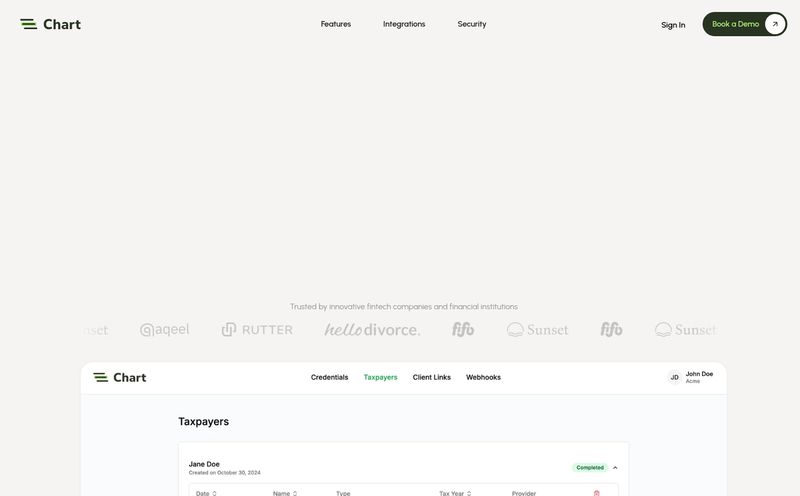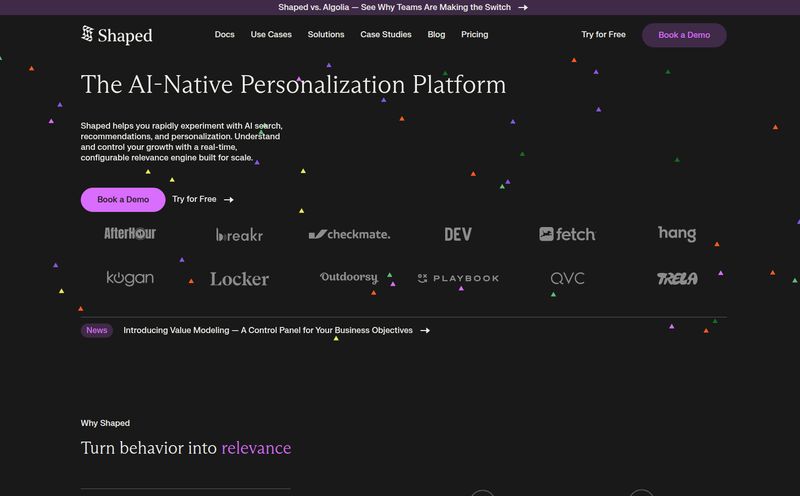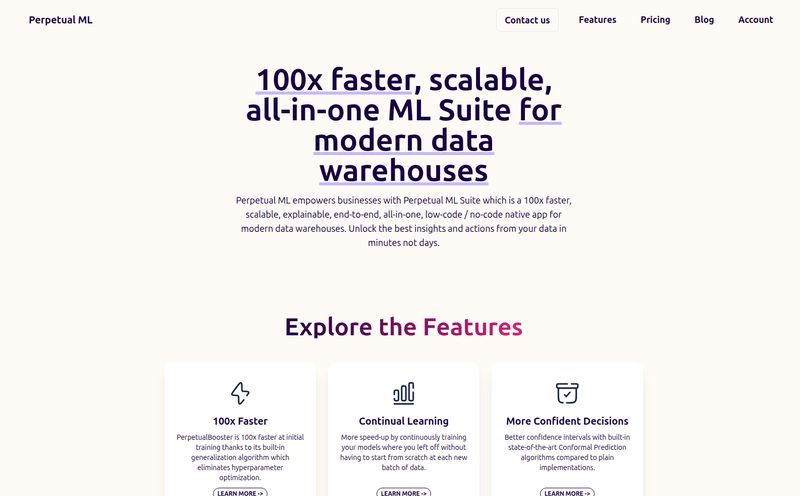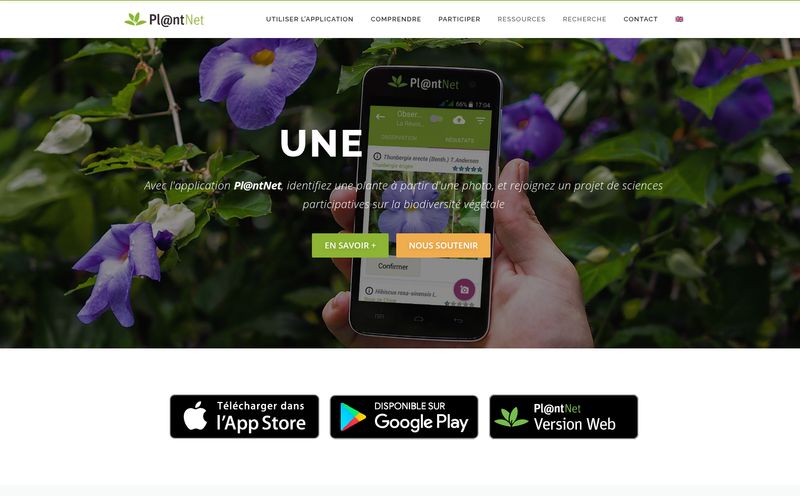If I see one more email with the subject line "Revolutionize Your Workflow with AI," I might just throw my laptop out the window. We're all swimming in a sea of AI tools, each promising to be the next big thing. And most of them? They're basically just fancy skins for ChatGPT that don't actually know anything about my business.
I was getting seriously jaded. Then I stumbled upon Dust.
It started with a familiar pain point. I was trying to find a specific Q3 performance report from two years ago. I knew it existed. I knew it was in Google Drive... or was it in a Slack channel? Maybe in that one Notion doc that nobody's updated since the pandemic? An hour later, I was no closer to finding it and my motivation was shot. This is the quiet, soul-crushing productivity killer in so many companies: institutional knowledge that's impossible to find.
That's the problem Dust.tt aims to solve. It’s not just another AI. It’s a platform designed to plug a powerful AI brain directly into your team's collective knowledge. And I've gotta say, I'm pretty impressed.
What Exactly is Dust? (And Why Should I Care?)
Think of it this way. Most AI tools are like a brilliant intern who just started today. They're smart, but they have zero context. They don't know your products, your clients, your internal processes, or that Bob from accounting prefers communication via carrier pigeon.
Dust is like that same intern after they've worked with you for a year. It has read everything—every Slack message, every Notion page, every GitHub commit, every Google Doc—and it actually understands how all that information connects. It provides secure access to powerful models like GPT-4, but it grounds every answer in your company's own data.
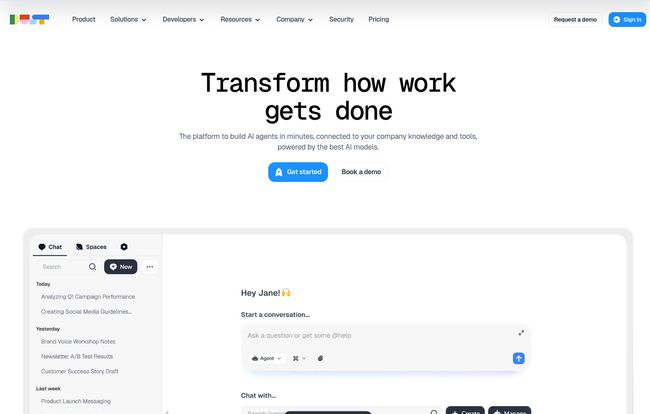
Visit Dust
Their website uses this analogy of being like "OS primitives for computers." At first, I thought that was a bit nerdy and over the top, but the more I used it, the more it made sense. Dust isn't just a single application; it's a foundational layer you build your own specific, custom AI helpers on top of. It’s less of a tool and more of a new operating system for your team's work.
Beyond the Hype: The Core Features That Actually Matter
So what does it actually do? I'm glad you asked. Here's the stuff that moved the needle for me.
Connecting Your Team's Collective Brain
This is the big one. Dust connects to the places your team already works. We're talking about native integrations with Notion, Slack, GitHub, Google Drive, and Intercom. You authorize it once, and it starts building its knowledge base. Suddenly, that black hole of information becomes a searchable, intelligent database. The days of asking "Hey, does anyone have the link to...?" are numbered. This feature alone is a massive step towards tearing down those frustrating knowledge silos that crop up in every organization.
Build Your Own AI Sidekick, No Coding Required
Here's where it gets really fun. Dust lets you create and customize your own AI agents. And no, you don't need to be a developer who speaks Python in your sleep. It's a no-code interface. For example, you could create:
- An agent for your sales team that can analyze past client interactions and suggest personalized outreach snippets.
- A support agent that can instantly find the right technical documentation to resolve a customer ticket, slashing resolution times.
- A marketing agent that helps redraft content for different regions and audiences based on your existing brand guidelines.
This is about empowering everyone on your team to build the tools they need. Your support lead knows what would help them most. Your head of sales knows their own workflow. Dust gives them the ability to create their own AI assistant without needing to file a ticket with the engineering department. That's huge.
Security That Doesn't Feel Like an Afterthought
Let's talk about the elephant in the room with AI: security. Throwing your company's sensitive data into a random third-party tool is a CIO's nightmare. The Dust team clearly gets this. They are vocal about their privacy policy: your company data is never used to train their models. They also have SOC 2 Type II compliance, which is a big deal in the enterprise world. It means they've been audited and have proven their systems and processes are secure. For any business that takes data privacy seriously (which should be all of them), this is a non-negotiable, and Dust delivers.
A Look at the Dust.tt Pricing. Is It Worth It?
Alright, the all-important question: how much does it cost? The pricing structure is actually pretty straightforward, which I appreciate.
| Plan | Price | Best For |
|---|---|---|
| Free | $0 | Individuals and very small teams wanting to try out the core features. |
| Pro | $20 per member/month | Most teams. This unlocks the full power of creating unlimited custom agents and connecting all data sources. |
| Enterprise | Custom Pricing | Large organizations with needs for advanced security, support, and custom deployments. |
My take? The Pro plan at $20 a month per person is a pretty solid value proposition. Think about it. How much does an hour of a team member's time cost? If Dust saves each person just one or two hours a month—which, from my experience, is a very low estimate—it's already paid for itself. The ROI isn't just in time saved searching, but in better, faster decisions made with the right information.
My Honest Take: The Good, The Bad, and The Nitty-Gritty
No tool is perfect, and I'm not here to just sing its praises. Here's my balanced view.
The good stuff is undeniable. The first time you ask a complex question about an old project and get a perfect, cited answer in seconds... it's a genuine 'wow' moment. It feels like magic. Empowering non-technical folks to build their own solutions is also a massive win for team autonomy and speed.
But there are some realities to consider. The effectiveness of Dust is directly tied to the quality of your existing data. If your Notion is a chaotic mess and your Google Drive is a digital junkyard, Dust will do its best, but it can't perform miracles. The old adage 'garbage in, garbage out' definitely applies. There's also a bit of an initial setup lift. Connecting your data sources and building your first few agents will take some thought and a little bit of time. It's not a magic wand you just wave. You have to put in a little work to get the best results.
Who is Dust.tt Really For?
I don't think Dust is for every single company on the planet. If you're a two-person startup that communicates exclusively through interpretive dance, you can probably skip it.
But if you're a scaling tech company, a busy creative agency, a distributed team, or any organization with a significant amount of internal knowledge spread across different platforms, Dust could be a genuine game-changer. It’s for teams that feel the pain of information silos. It's for leaders who want to give their teams more autonomy and better tools for decision-making. If your team is constantly drowning in its own information, you're the prime customer.
Frequently Asked Questions about Dust.tt
Is Dust secure for my company's data?
Yes. This is one of its strongest points. They are SOC 2 Type II compliant and have a strict policy that your data is never, ever used to train their AI models. It's sandboxed for your team's use only.
Do I need to be a developer to build AI agents?
Nope! That's the beauty of it. It's a no-code platform. If you can write a clear instruction in plain English, you can build a basic agent.
What AI models does Dust use?
It provides secure access to leading Large Language Models, including OpenAI's GPT-4. The key is that it layers your company's private context on top of these powerful models.
How is this different from just giving my team a ChatGPT Plus subscription?
Context. A ChatGPT subscription doesn't know anything about your Q3 sales data, your internal coding standards, or your brand's tone of voice. Dust connects to that private data, so the answers it gives are specific and relevant to your work, not generic information from the web.
Can I try it before I buy?
Yep. They have a Free plan that's perfect for individuals or for a small team to kick the tires and see how it works before committing.
Does it replace tools like Slack or Notion?
No, it works with them. Think of it as an intelligent layer that sits on top of all those tools, making them more valuable and easier to use.
Final Thoughts: Is Dust the Future of Teamwork?
I'm still a bit of a cynic when it comes to the AI hype train, but Dust has my attention. It’s one of the first tools I’ve seen that thoughtfully addresses the real problem of corporate knowledge management. It’s not about generating soulless marketing copy or writing funny poems. It's about making a team smarter, faster, and more connected to its own hard-earned knowledge.
The shift from asking a generic AI a question to asking your company a question—and getting an intelligent, cited answer—is a profound one. It might not be as flashy as some other AI tools, but in terms of real-world impact on day-to-day work? I think Dust is onto something special. Something really, really useful.
